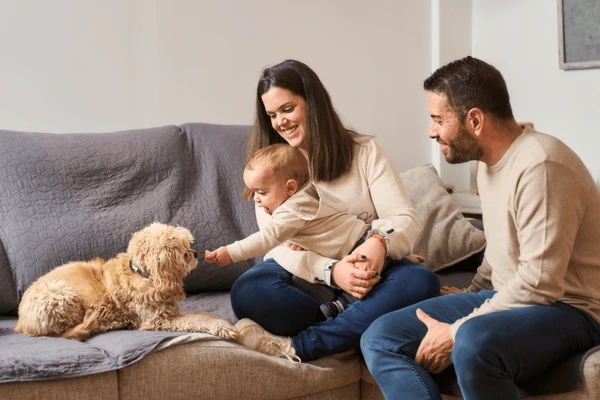Google and AI can’t replace doctors. Learn why trusting your physician is safer than self-diagnosing online or relying on ChatGPT.
Google was already frustrating enough but now it has a new sidekick: ChatGPT, the AI that writes birth plans, diagnoses perimenopause, and suggests treatment options like it’s prescribing lunch.
We love that our patients are curious. We love that they want to understand their bodies, symptoms, and options. But we need to say this clearly: Google is not your doctor. And neither is ChatGPT.
At our clinic, we often meet patients who walk in with worry etched into their faces. Not because of what they’re feeling many have no symptoms at all but because of something they’ve read online, seen on Instagram, or heard from a blogger. Somehow, those sources feel more credible in the moment than their own well-being.
“I Googled It…” These are words we hear often, followed by lists of terrifying diseases, confusing test interpretations, or self-diagnoses pulled from forums or AI-generated content.
While the internet is full of information, it lacks one essential element: context. Your personal history, physical examination, emotional state, test results, and risk factors none of these can be truly understood by a search engine or AI chatbot. Yes, Even ChatGPT
We respect technology. AI can assist, educate, and even support healthcare providers behind the scenes. But when used without professional guidance, it creates more fear than clarity. We’ve had patients arrive with “treatment plans” suggested by ChatGPT plans that don’t consider their age, medical history, lifestyle, or actual test results. This is the danger of self-diagnosing online: tools like ChatGPT and Google don’t know you.
Here’s What We Ask
- Be curious.
- Ask questions.
- Stay informed.
- But above all: trust your doctor. Not search engines.
Do you ask your pilot mid-flight whether they Googled how to land the plane? Of course not. So why question your treatment plan based on a blog post or an AI chat? You don’t need to be a doctor to be empowered, that’s our job. To explain things clearly, give you real options, and support you with evidence-based care and human empathy.
Let’s Work Together, Not Against Each Other
We want to spend our time listening to you not correcting myths from the internet. Let’s save your time, reduce your stress, and build a trusting relationship one honest conversation at a time. So the next time you’re tempted to Google it… maybe pause, and ask us instead.
We’re not here to dismiss your curiosity, we’re here to guide it safely. Let’s keep the conversation open and grounded in care, not chaos. Need clarity, not confusion? Book a consultation with one of our trusted doctors today we’re here to listen.
FAQs
Q: Can ChatGPT give reliable health advice?
A: ChatGPT can provide general information, but it doesn’t know your body, test results, or unique medical history. It’s not a replacement for a doctor.
Q: Is it okay to Google my symptoms?
A: Curiosity is great—but Google can’t offer a diagnosis. It’s always safer to discuss your findings with a trained medical professional.







